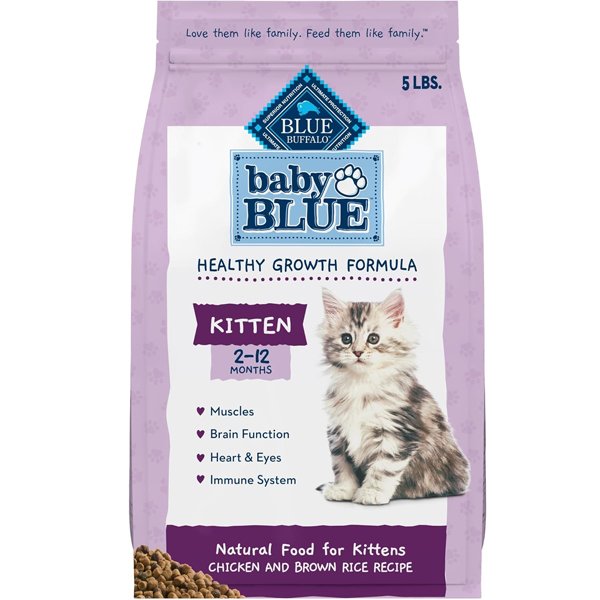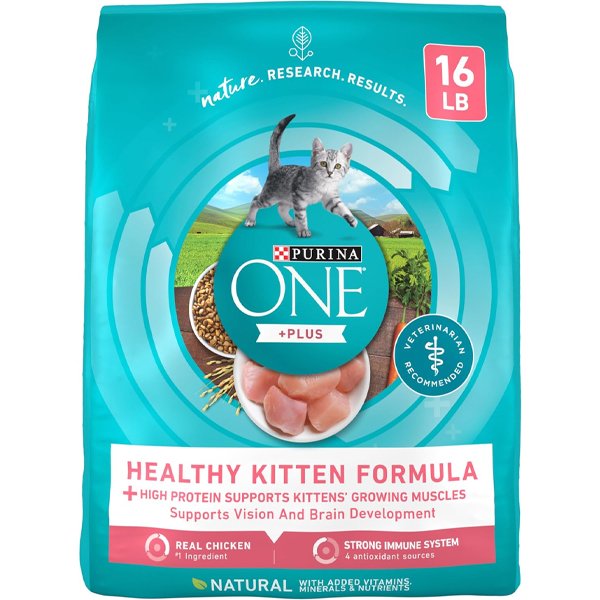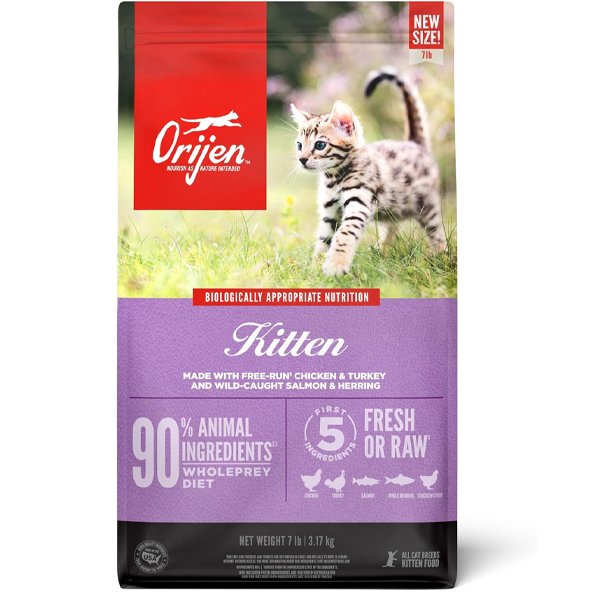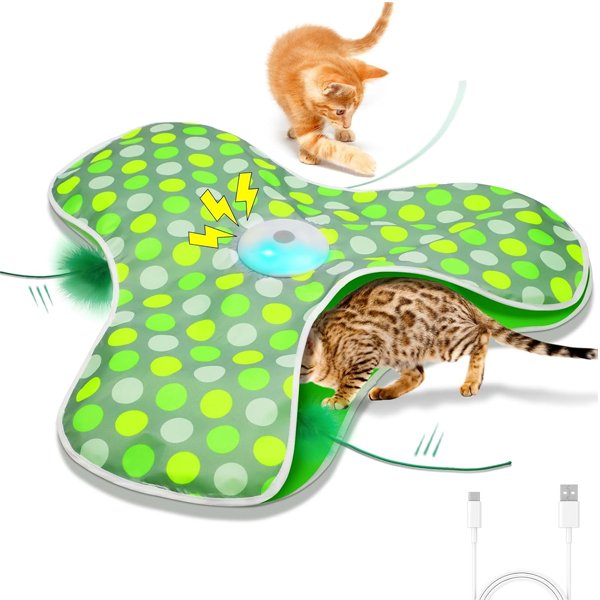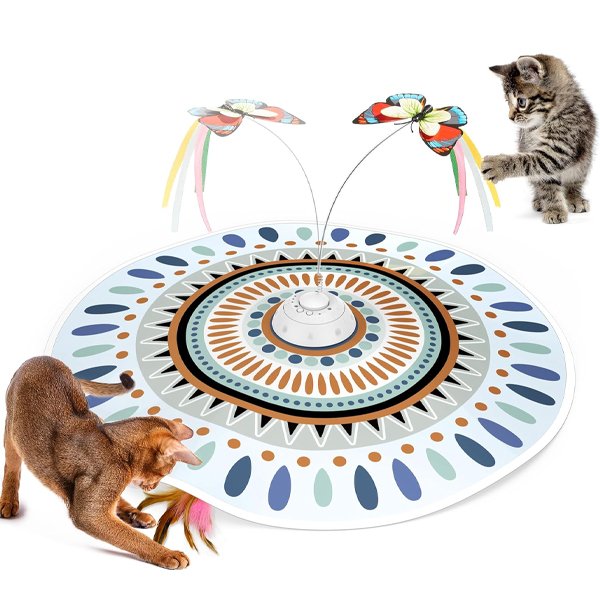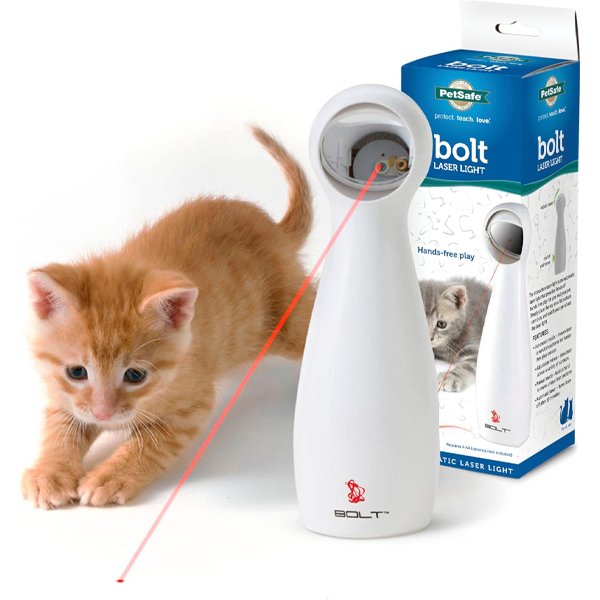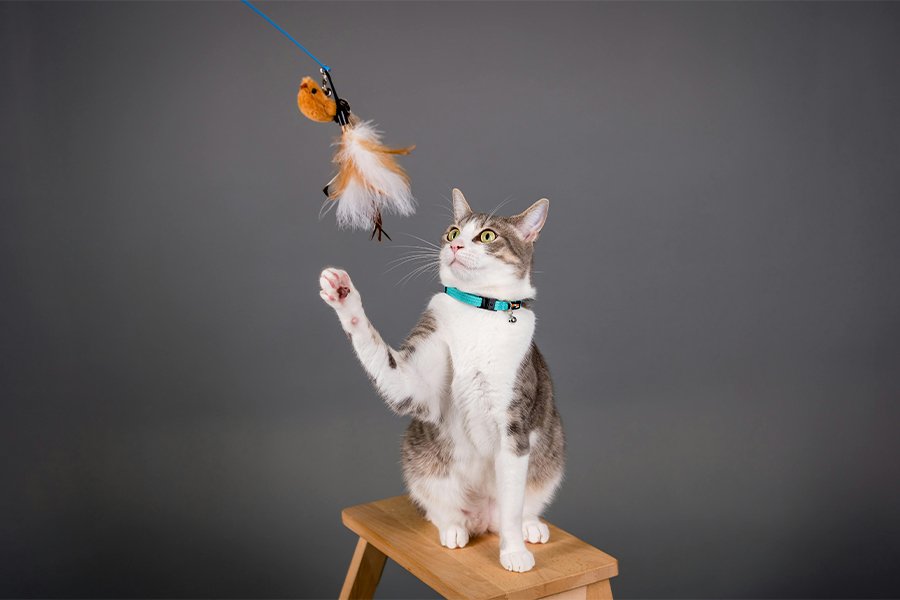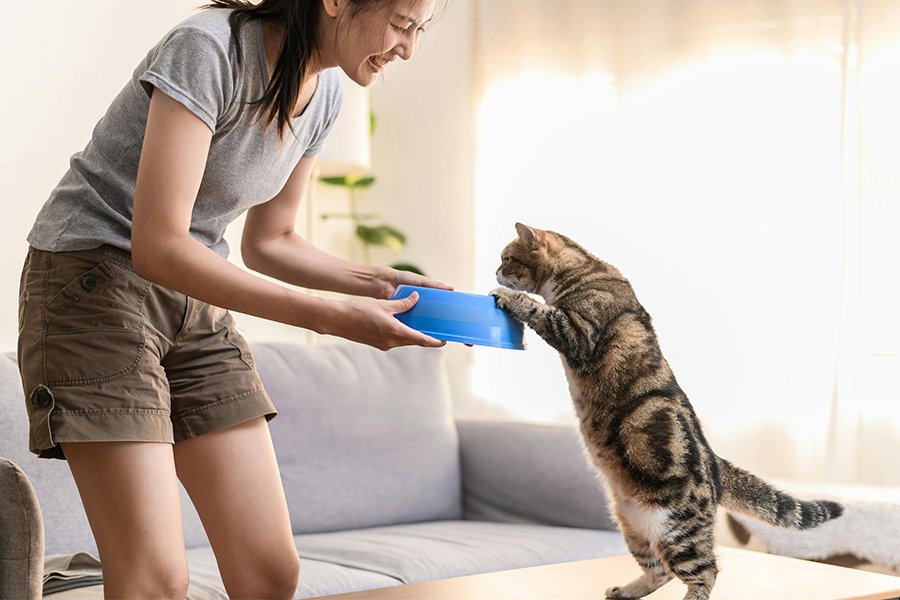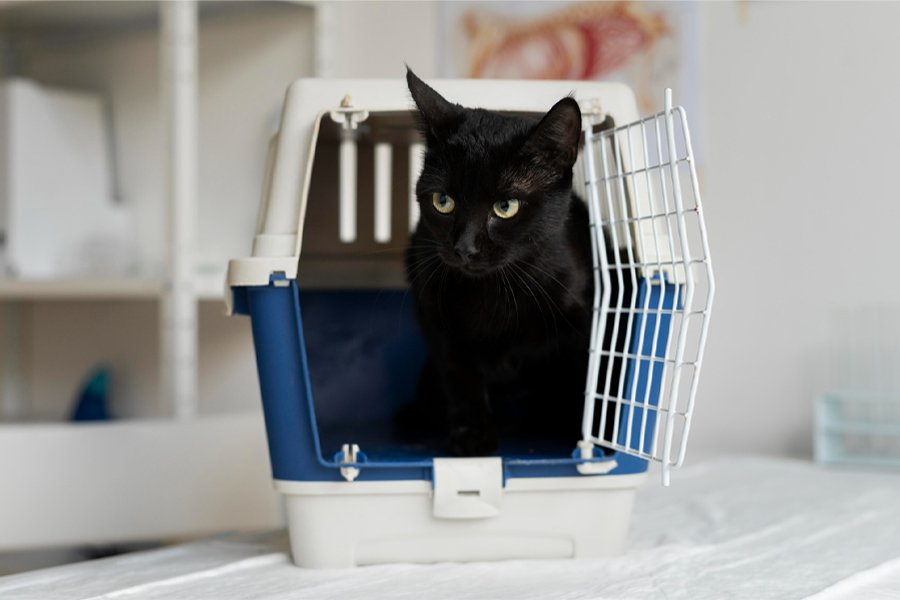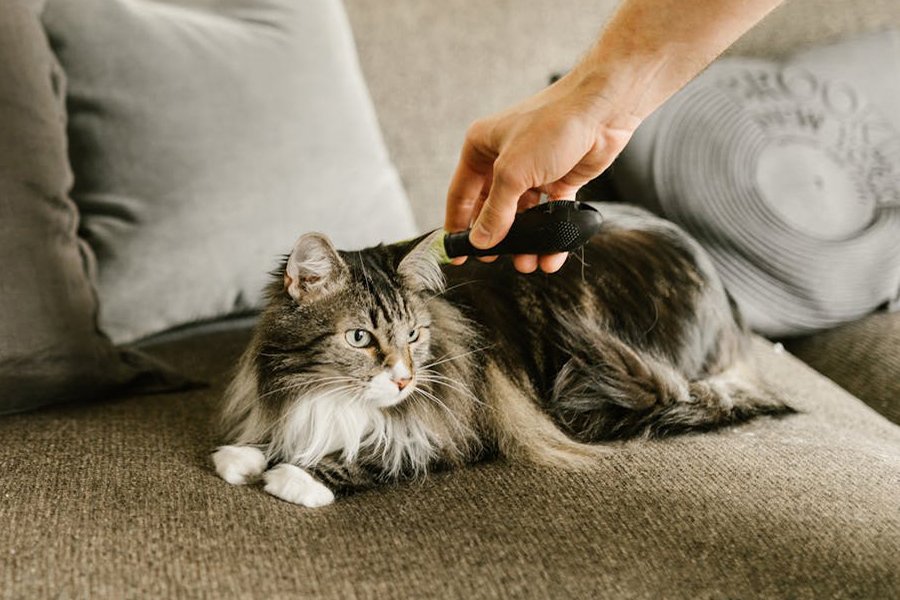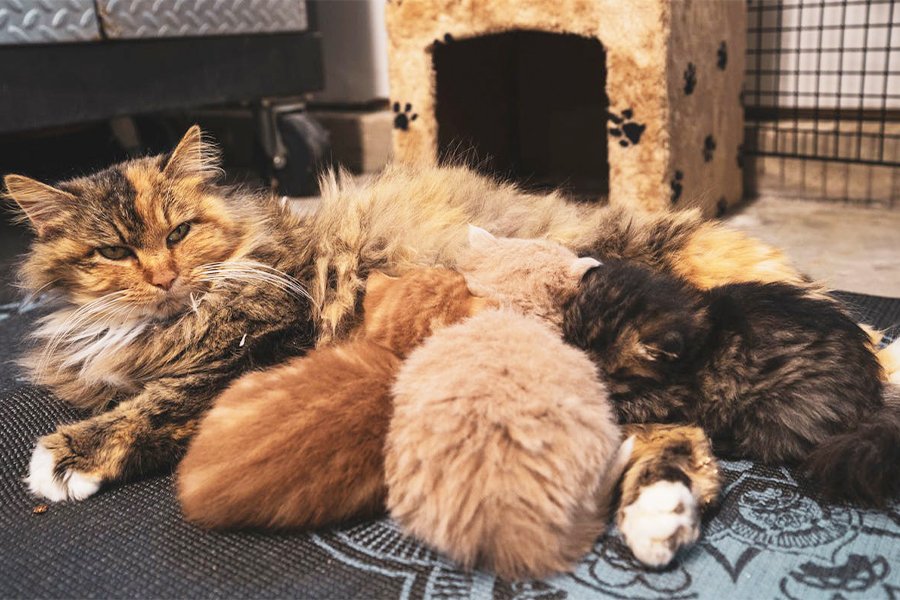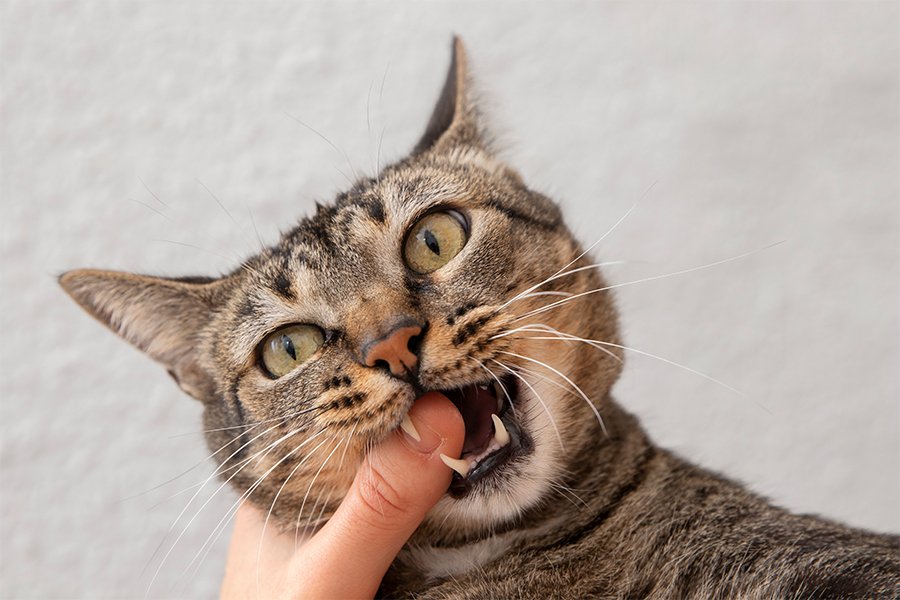How to Take Care of a Kitty in 2025 – Complete Beginner’s Guide
Knowing how to take care of a kitty in 2025 will make sure your furry friend stays healthy and happy. This guide brings you the latest tips and reminders for stress-free kitty care.
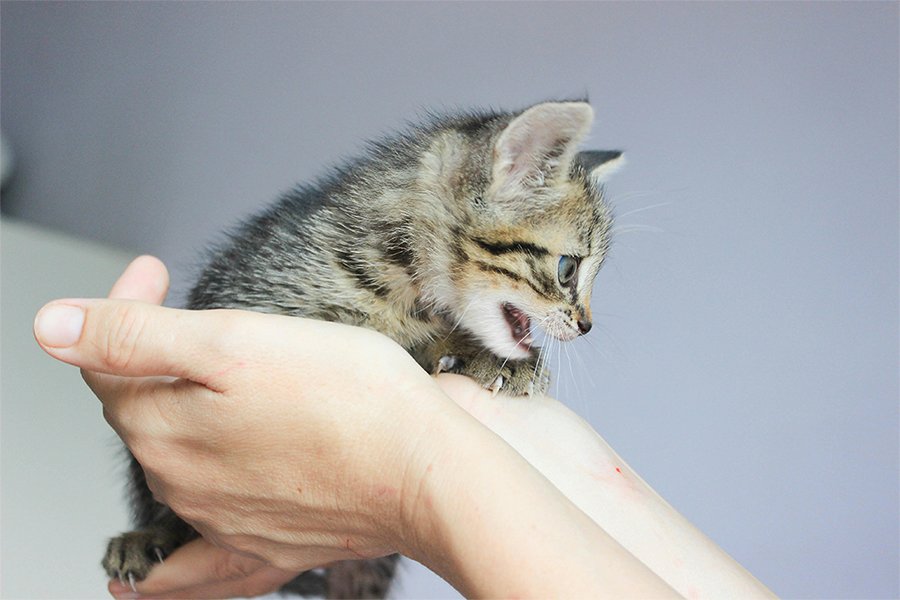
Feeding Your Kitty the Right Way
When thinking about how to take care of a kitty, one of the most crucial steps is choosing the right food. Kittens are not just smaller versions of adult cats—their bodies are proliferating, which means they need a diet that supports strong bones, healthy muscles, and overall development. Ordinary adult cat food does not have the right balance of nutrients for kittens.
Special kitten food is packed with higher levels of protein, fat, and calories to provide the energy your little one needs for constant play and growth. It also contains essential nutrients, such as DHA for brain development, taurine for vision and heart health, and calcium for strong bones and teeth. Without these, kittens may grow slowly, become weak, or develop long-term health issues.
Feeding your kitten specially formulated food ensures that every meal contributes to healthy growth, strong immunity, and proper development. This is why veterinarians always recommend sticking to kitten food during the first year of life.
Tip: Always choose high-quality kitten food—whether wet, dry, or a combination—that lists meat as the first ingredient. This way, you’re giving your kitten the best possible start in life.
Wet Food vs Dry Food: Which One is Best for kitty?
Both wet and dry food are useful for the care of your kitty, and most vets suggest offering a mix.
- Wet food: Keeps your kitty hydrated, easier to chew, and very tasty.
- Dry food: Provides calories in small portions, supports dental health, and is easier to store.
A balanced method works best: serve wet food in the morning and evening, and provide dry food throughout the day.
Feeding Schedule by Age
- 2–3 weeks old: Only kitten milk replacer (never cow’s milk). Feed every 3–4 hours.
- 4–8 weeks old: Begin weaning. Offer soft wet food mixed with milk replacer, 4 meals per day.
- 2–6 months old: Mainly solid food. Give a mix of wet and dry food, 3–4 meals per day.
- 6–12 months old: Feed 2–3 times per day. Slowly reduce milk and keep portion control.
By 1 year, your kitty can shift to adult cat food.
Importance of Fresh Water and Proper Care for Kittens
When learning how to take care of a kitty, one of the most important things to remember is providing fresh, clean water at all times. Kittens are more likely to drink enough if you use a small bowl or a pet fountain, as moving water naturally attracts them. For hygiene, always place the water bowl far from the litter box to keep it clean and safe.
Treats and snacks can also play a role in proper kitty care, especially for training and bonding. However, they should never exceed 10% of your kitten’s daily calories. Choosing natural, protein-rich treats such as chicken or salmon will help support growth without adding unnecessary fillers.
Most high-quality kitten foods already contain the essential vitamins and minerals your little one needs, so avoid giving extra supplements unless your vet recommends them. Over-supplementing, especially with calcium or fat-soluble vitamins, can actually harm your kitten’s health.
Taking care of your kitten is not just about food—it also means prioritizing health and veterinary care. Kittens are more delicate than adult cats, so regular vet visits are crucial for detecting early health issues, keeping vaccinations up to date, deworming, and maintaining proper grooming. Vet visits also ensure your kitten’s growth is on track by checking weight, teeth, and bone development.
In the first year, schedule vet visits every 6 months to protect your kitten’s health and get professional advice on food, litter training, and behavior problems. With the right care, you’ll help your kitten grow into a strong, happy, and healthy adult cat.
Why Special Food is Important for Kitten Care
When thinking about how to take care of a kitty, one of the most crucial steps is choosing the right food. Kittens are not just smaller versions of adult cats—their bodies are proliferating, which means they need a diet that supports strong bones, healthy muscles, and overall development. Ordinary adult cat food does not have the right balance of nutrients for kittens.
Special kitten food is packed with higher levels of protein, fat, and calories to provide the energy your little one needs for constant play and growth. It also contains essential nutrients, such as DHA for brain development, taurine for vision and heart health, and calcium for strong bones and teeth. Without these, kittens may grow slowly, become weak, or develop long-term health issues.
Feeding your kitten specially formulated food ensures that every meal contributes to healthy growth, strong immunity, and proper development. This is why veterinarians always recommend sticking to kitten food during the first year of life.
Tip: Always choose high-quality kitten food—whether wet, dry, or a combination—that lists meat as the first ingredient. This way, you’re giving your kitten the best possible start in life.
Recommended Products
4.7 (2,419) Based on Amazon Reviews
4.8 (11,123) Based on Amazon Reviews
4.7 (614) Based on Amazon Reviews
Proper Kitty Care: Vaccination & Immunization Timeline
Age of Kitten | Vaccine Needed | Why It Is Important |
6–8 weeks | FVRCP (feline distemper combo) | Protects against viral infections |
10–12 weeks | Booster shots + Feline Leukemia | Builds stronger immunity |
12–16 weeks | Rabies vaccine | Protects against rabies (legal requirement in the USA) |
1 year | Annual boosters | Keeps protection strong |
Essential Vet Visits and Shots for Proper Kitten Care
When it comes to how to take care of a kitty, one of the most important responsibilities is ensuring proper vet visits and vaccinations. A kitten’s immune system is still developing, which makes them more vulnerable to infections and diseases. Regular checkups with a veterinarian help detect any hidden health issues early, track your kitten’s weight and growth, and provide you with professional guidance on diet, litter training, and behavior.
Vaccinations are essential to protect your furry friend from life-threatening diseases like rabies, feline distemper, calicivirus, and feline herpesvirus. Your vet will create a customized vaccination schedule, but as a general guideline, most kittens receive their first shots at 6–8 weeks of age, followed by booster doses every few weeks until around 16 weeks. Keeping up with this schedule ensures your kitten builds strong immunity during the most vulnerable stage of life.
Deworming and Flea Control
Another critical part of kitten care is parasite prevention. Many kittens pick up intestinal worms from their mother’s milk or from contaminated environments. These worms can cause digestive problems, poor growth, and even a weak immune system if left untreated. Vets usually recommend deworming every 2–3 weeks until 12 weeks old, and then once a month until your kitten reaches 6 months.
Flea control is equally important because fleas don’t just cause itching—they can lead to weakness, skin infections, and even anemia in young kittens. Since kittens are fragile, never use random home remedies or unsafe products. Instead, always rely on vet-approved flea treatments, such as topical drops, oral medications, or flea combing routines designed specifically for kittens. This ensures safety while keeping your pet comfortable and parasite-free.
Caring for a Kitten: Daily Grooming Routines Made Simple
Good grooming and hygiene are just as important as nutrition when it comes to taking care of a kitty. Regular grooming keeps your kitten clean, healthy, and comfortable, while also strengthening your bond with them.
Brushing should be done 2–3 times per week to remove loose fur, reduce shedding, and prevent hairballs. If your kitty has long hair, daily brushing is recommended to avoid tangles and mats. Nail trimming is another essential step—trim your kitten’s nails every 2–3 weeks to reduce scratching accidents and protect both your furniture and your skin.
Ear cleaning is also part of proper hygiene. If you notice dirt or wax buildup, gently clean the ears using a soft cotton pad and vet-approved ear cleaner. Avoid inserting anything deep into the ear canal, as this can cause injury. Bathing is not usually necessary for kittens, but if they become very dirty, you can give them a bath using a mild, kitten-safe shampoo. Always dry them properly to prevent chills.
Maintaining these simple grooming and hygiene habits will not only keep your kitten looking adorable but also prevent infections, skin problems, and discomfort.
Training and Socialization
When learning to care for a kitten, training and socialization are just as important as proper nutrition and regular health check-ups. This stage is not only about feeding but also about shaping good habits and behavior. A well-trained kitten grows into a confident, playful, and affectionate cat. Without proper guidance, kittens may develop bad habits like scratching furniture, biting during play, or becoming shy and fearful around people.
Litter training is one of the first and most important steps for every kitten. Place a small litter box in a quiet spot away from food and water bowls, and use unscented clumping litter to avoid confusion. After meals, gently place your kitten in the box to build a routine. Cleaning the box daily is essential because cats naturally avoid dirty spaces.
Apart from litter training, teaching good behavior is key. Scratching is natural for cats, so providing a scratching post near their favorite spots can save your furniture. If your kitten starts biting during play, stop the play session for a while—this teaches them that biting ends the fun. Jumping on counters is another common habit; instead of punishment, redirect their attention with toys or reward them when they stay on the floor.
Socialization plays a huge role during the first 3–4 months of life. Handle your kitten gently every day and let friends or family interact with them so they don’t grow up fearing strangers. Use calm voices and soft touches to build trust. If you have other pets, introduce them slowly. For dogs, keep them on a leash at first and reward both pets when they remain calm. Always let your kitten approach at its own pace—never force interactions.
Taking care of kittens with safe, quality toys
Taking care of kittens is more than just feeding them — it is about keeping them healthy, active, and happy through safe and quality toys. Playing is a big part of a kitten’s growth, helping them to develop coordination, curiosity, and emotional balance. Choosing the right toys, such as soft teaser toys, feather wands, laser toys, catnip mice, and rolling balls, keeps your kitten entertained and prevents boredom or unwanted scratching behavior. These toys also strengthen the bond between you and your pet, while providing a safe outlet for them to release energy. Always look for non-toxic, durable, and soft materials when buying toys for kittens. With the right care and playful accessories, your little cat will grow healthy, confident, and full of joy.
Recommended Products
4.7 (2,563) Based on Amazon Reviews
4.5 (6,289) Based on Amazon Reviews
4.0 (17,545) Based on Amazon Reviews
Finally, remember that cats respond best to positive reinforcement. Use treats, gentle praise, or playtime as rewards. Avoid punishment because it creates fear rather than learning. Consistency is the golden rule—if you reward today and ignore tomorrow, your kitty will only be confused.
How to look after a kitten
Beyond food and training, creating a safe and loving environment is the true foundation of proper kitten care. A home that feels safe, cozy, and full of love helps your kitten grow into a relaxed and social adult cat.
Kittens are naturally curious and explore everything, so kitten-proofing your home is essential. Remove toxic plants such as lilies and aloe Vera, hide electrical cords, and keep harmful chemicals securely locked away. Close off small gaps or holes where a curious kitty might get stuck.
Providing comfort is equally important. Every kitten should have its own cozy corner with a soft bed, blankets, or toys. A cat tree or perch not only gives them a safe climbing spot but also keeps them entertained. Even something as simple as a cardboard box can make them feel secure.
Bonding with your kitten daily builds trust and love. Talk in a soft voice, pet them gently, and respect their personal space. Regular playtime strengthens the emotional connection, making your kitten trust you for life.
For indoor cats, boredom can be a real issue. To prevent this, set up a cat tree near a window so your kitty can watch birds and the outside world. Rotate toys, use puzzle feeders for mealtime, and give scratching posts to keep them engaged. Maintaining a routine for feeding, playing, and sleeping also reduces stress, since cats feel more secure when life is predictable.
Last Words on Kitty Care Tips
Caring for a kitten is a joyful journey that needs love, patience, and the right daily routine. From balanced nutrition and regular vet visits to gentle grooming and plenty of playtime, every small effort helps your kitty grow into a healthy, confident cat. By following these simple tips and giving consistent affection, you ensure a happy life and a strong bond with your furry friend.
FAQ: Tips on How to Take Care of a Kitty
Q1: Can I give human medicine to my kitten?
Never. Many human medicines are toxic and can seriously harm a kitten.
Q2: Do indoor kittens need vaccines?
Yes. Viruses can enter through shoes, air, or other pets, so vaccines are essential.
Q3: How often should I groom my kitten?
Brush short-hair kittens 2–3 times a week; long-hair kittens daily.
Q4: When should my kitten have the first vet visit?
Within the first week at home, get a full health check and vaccination plan.
Q5: Can I leave my kitten alone at night?
Very young kittens should not be left alone. By 4–6 months, most can stay alone overnight if they have food, water, and a safe place to sleep.

